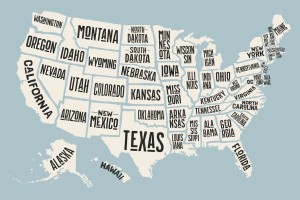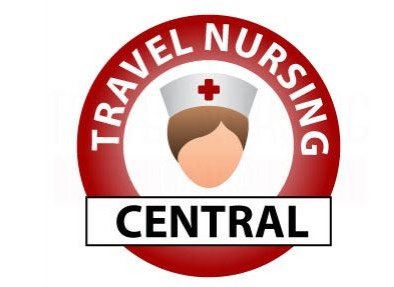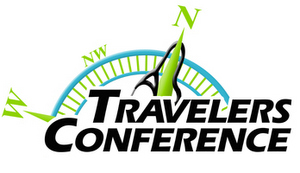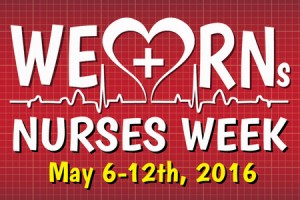
Are you ready for the new and improved eNLC?
Since 2000, the Nurse Licensure Compact (NLC) has allowed nurses to provide care in multiple, participating states with just one license. Now, 25 member states and several years later, the National Council of State Boards of Nursing is giving the NLC a makeover.
The new compact, known as the Enhanced Nurse Licensure Compact (eNLC), will be effective on January 19, 2018. Among other additions, the eNLC adopted 11 uniform licensure requirements and revised its policy on federal criminal background checks.
So, what does that mean for you, the travel nurse? Here are the top 3 things you should know about the eNLC implementation process:
- Not all current NLC member states will be in the new eNLC. The NCSBN enacted the eNLC on July 20, 2017 when 26 states passed eNLC legislation. However, other states needed more time to become eNLC members, hence the January go-live date. During this transitional phase, some states have passed legislation, others are in the process, and a few states, like Colorado, Wisconsin, New Mexico, and Rhode Island, will remain in the original NLC.
- The eNLC has a few new members. The good news is that Wyoming, Oklahoma, West Virginia, Georgia, and Florida are now part of the eNLC club. So, that means travel nurses who meet the new eNLC requirements will have additional states in which they can practice.
- These changes could affect you. According to the NCSBN’s website, travel nurses in eNLC states that were members of the original NLC may be grandfathered in. There are a few exceptions. If you obtained your perm state compact license on or after July 20, 2017, then you will need to meet the new eNLC requirements. Additionally, if you are in a state that was not part of the original NLC, but will be a part of the eNLC, then you will need to update your license to be eNLC compliant. Note that if you are in a state that has passed eNLC legislation, you will no longer have privileges in Colorado, Wisconsin, New Mexico or Rhode Island. You can, however, get a single state license for these states.
Want more information on the eNLC implementation process and where your state stands? We have a few helpful resources for you:









